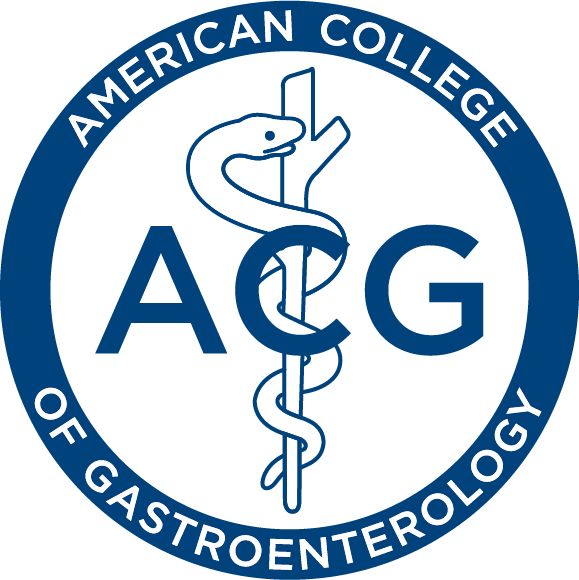Newswise — Bethesda, MD (February 8, 2021) – The February issue of The American Journal of Gastroenterology is now available and features new clinical research across a wide range of gastroenterology and hepatology topics, including inflammatory bowel disease, chronic viral hepatitis, biologics during pregnancy, colorectal cancer screening, GI symptoms in COVID-19, health inequities in patients with obesity, and more.
Of particular clinical relevance to many patients and providers are the three articles highlighted below. Access to any articles from this issue, or past issues, is available upon request. The College is also able to connect members of the press with study authors or outside experts who can comment on the articles.
This is the first study to examine the association between exposure to natural vegetation, often referred to as greenspace, and increased risk of inflammatory bowel disease (IBD) in children. The study found that higher exposure to, and interaction with, residential greenspace was associated with a reduced risk of IBD in children, which may suggest a new strategy to prevent pediatric IBD.
Paradigm Shift: Functional Dyspepsia—A “Leaky Gut” Disorder?
Tack, et al.
In this editorial, the authors provide commentary on recent research suggesting that the duodenal mucosa and submucosa may be the primary sites of symptom generation in functional dyspepsia due to low-grade inflammation that alters neural feedback control of gastric sensorimotor function. In a companion podcast, ACG Trustee Dr. William Chey discusses the first report of duodenal confocal laser endomicroscopy abnormalities, which indicated loss of mucosal integrity in the duodenum in functional dyspepsia.
Biologics During Pregnancy in Women With Inflammatory Bowel Disease and Risk of Infantile Infections: A Systematic Review and Meta-Analysis
Gubatan, et al.
The authors of this study completed a systematic review and meta-analysis quantifying the risk of infantile infections after in utero biologic exposure as part of IBD therapy in pregnancy. In reviewing data from more than 8,000 infants, the authors found that biologic use is not associated with an increased risk of all infantile infections. They observed an increased risk of upper respiratory infections in a subgroup analysis, however, biologic use during pregnancy was not associated with an increased risk of serious infections requiring antibiotics or hospitalizations and there was no reported infection-related infant mortality.
About the American College of Gastroenterology
Founded in 1932, the American College of Gastroenterology (ACG) is an organization with an international membership of over 16,000 individuals from 86 countries. The College's vision is to be the pre-eminent professional organization that champions the evolving needs of clinicians in the delivery of high-quality, evidence-based and compassionate health care to gastroenterology patients. The mission of the College is to advance world-class care for patients with gastrointestinal disorders through excellence, innovation and advocacy in the areas of scientific investigation, education, prevention and treatment. www.gi.org
###
MEDIA CONTACT
Register for reporter access to contact detailsCITATIONS
The American Journal of Gastroenterology
